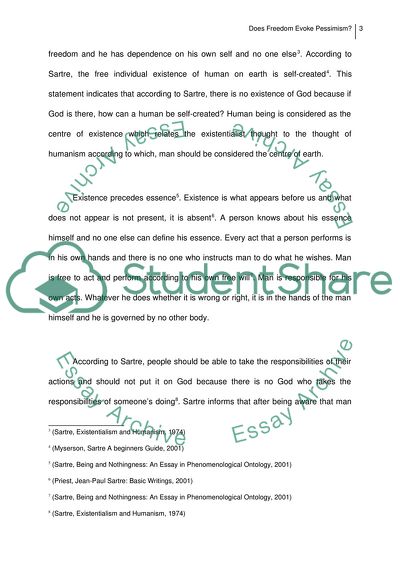Cite this document
(“The Description of Existentialism and Human Existence as a Free Being Essay”, n.d.)
The Description of Existentialism and Human Existence as a Free Being Essay. Retrieved from https://studentshare.org/philosophy/1719570-being-and-nothingness-does-freedom-evoke-pessimism
The Description of Existentialism and Human Existence as a Free Being Essay. Retrieved from https://studentshare.org/philosophy/1719570-being-and-nothingness-does-freedom-evoke-pessimism
(The Description of Existentialism and Human Existence As a Free Being Essay)
The Description of Existentialism and Human Existence As a Free Being Essay. https://studentshare.org/philosophy/1719570-being-and-nothingness-does-freedom-evoke-pessimism.
The Description of Existentialism and Human Existence As a Free Being Essay. https://studentshare.org/philosophy/1719570-being-and-nothingness-does-freedom-evoke-pessimism.
“The Description of Existentialism and Human Existence As a Free Being Essay”, n.d. https://studentshare.org/philosophy/1719570-being-and-nothingness-does-freedom-evoke-pessimism.


